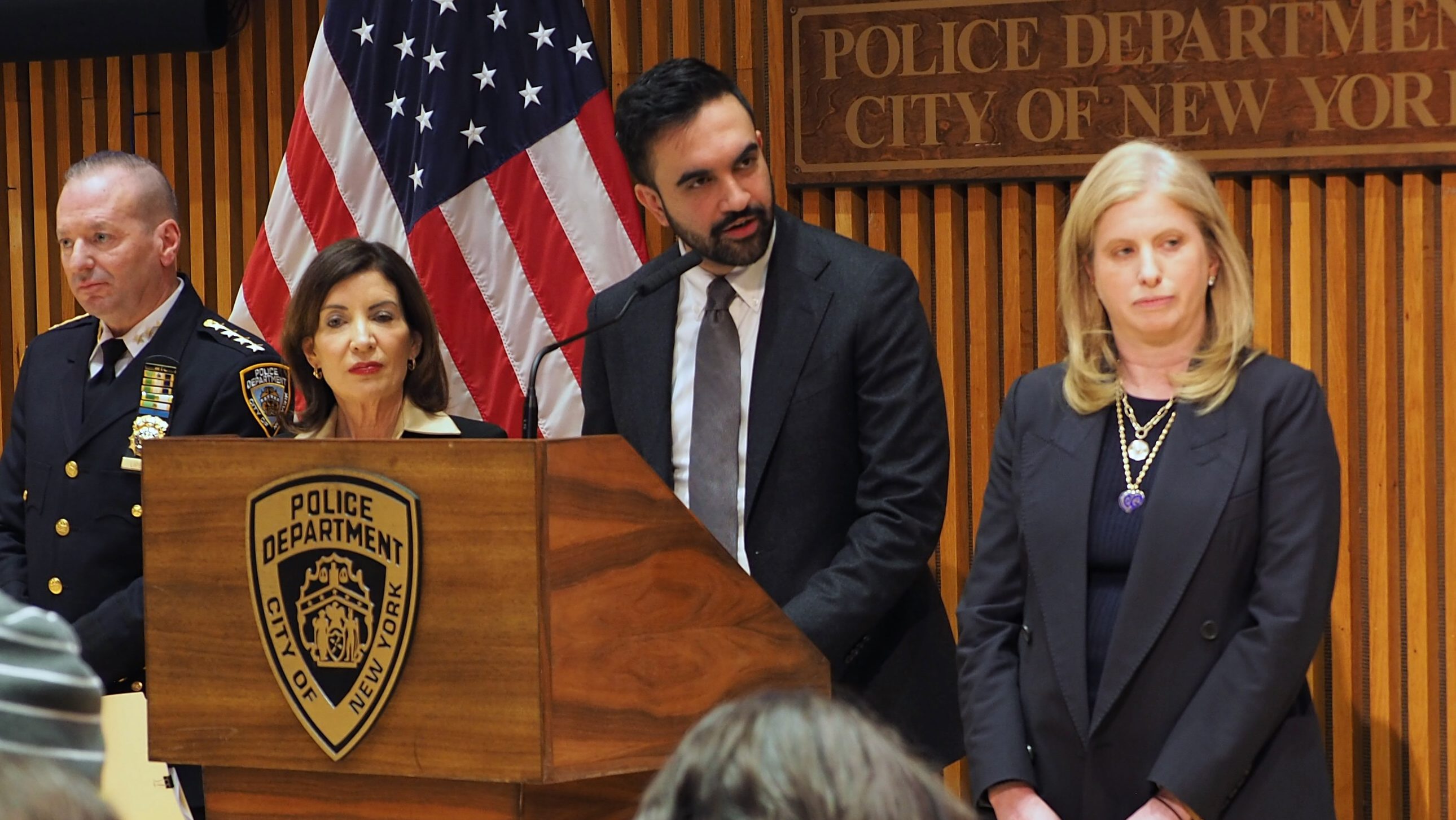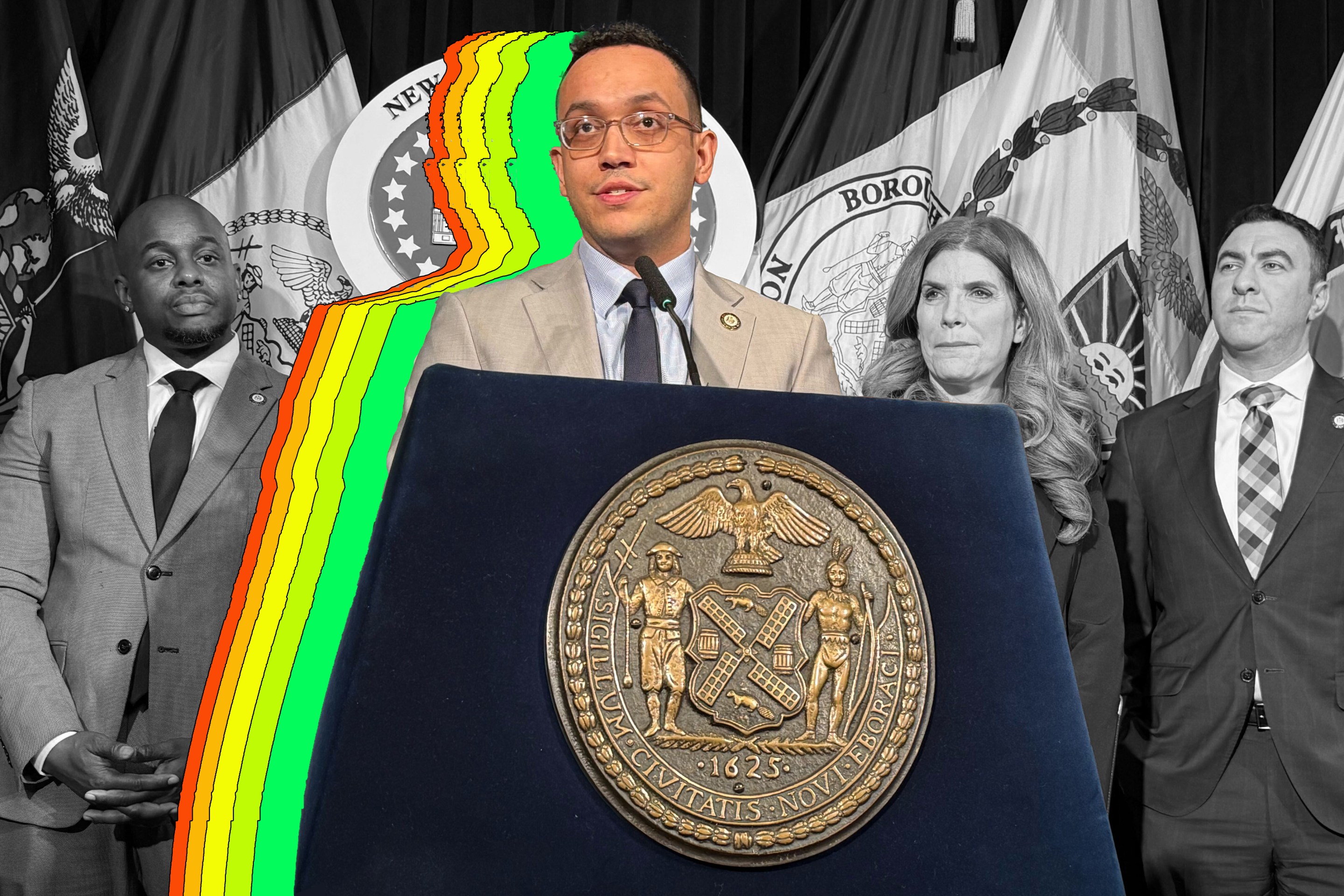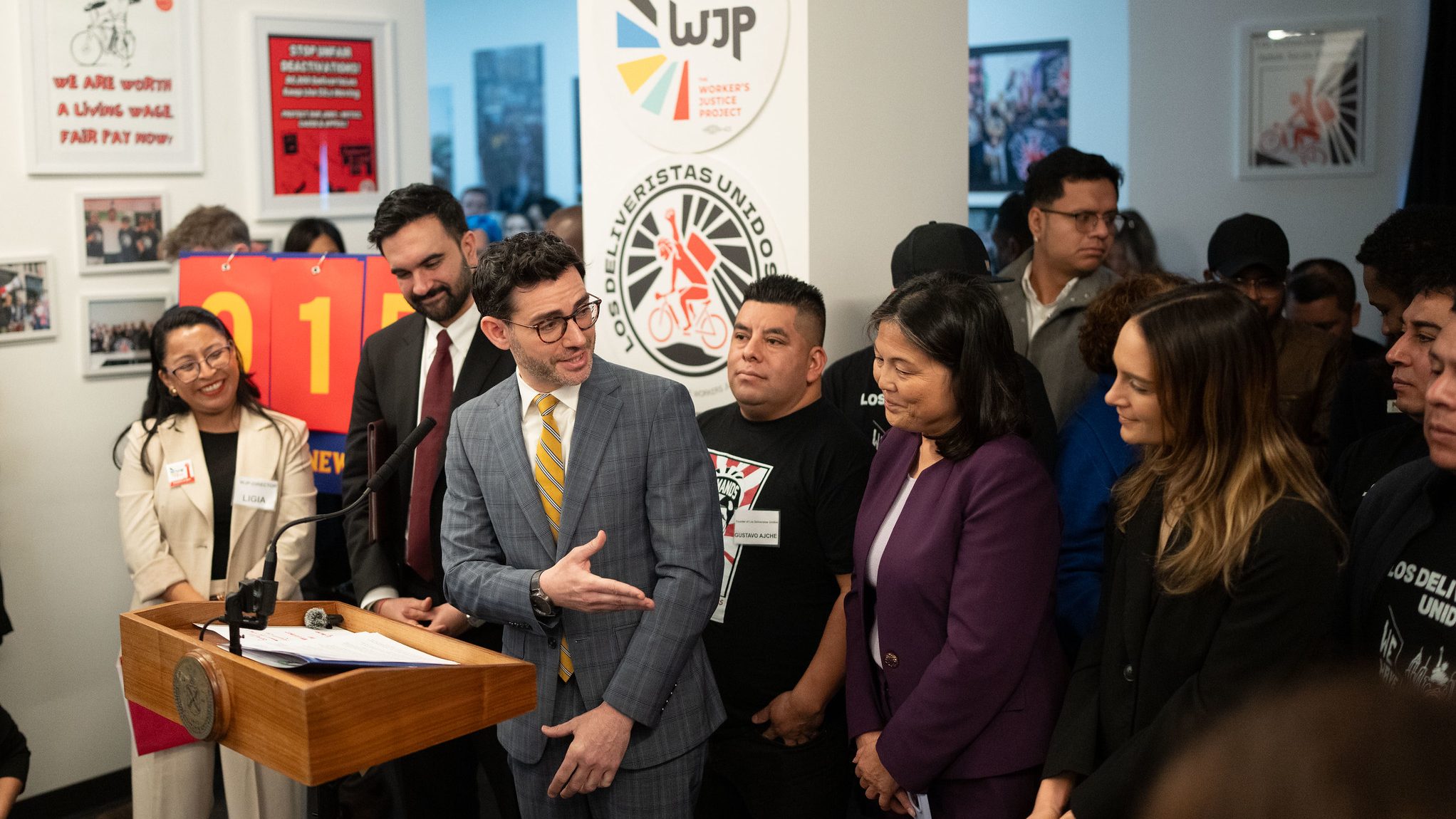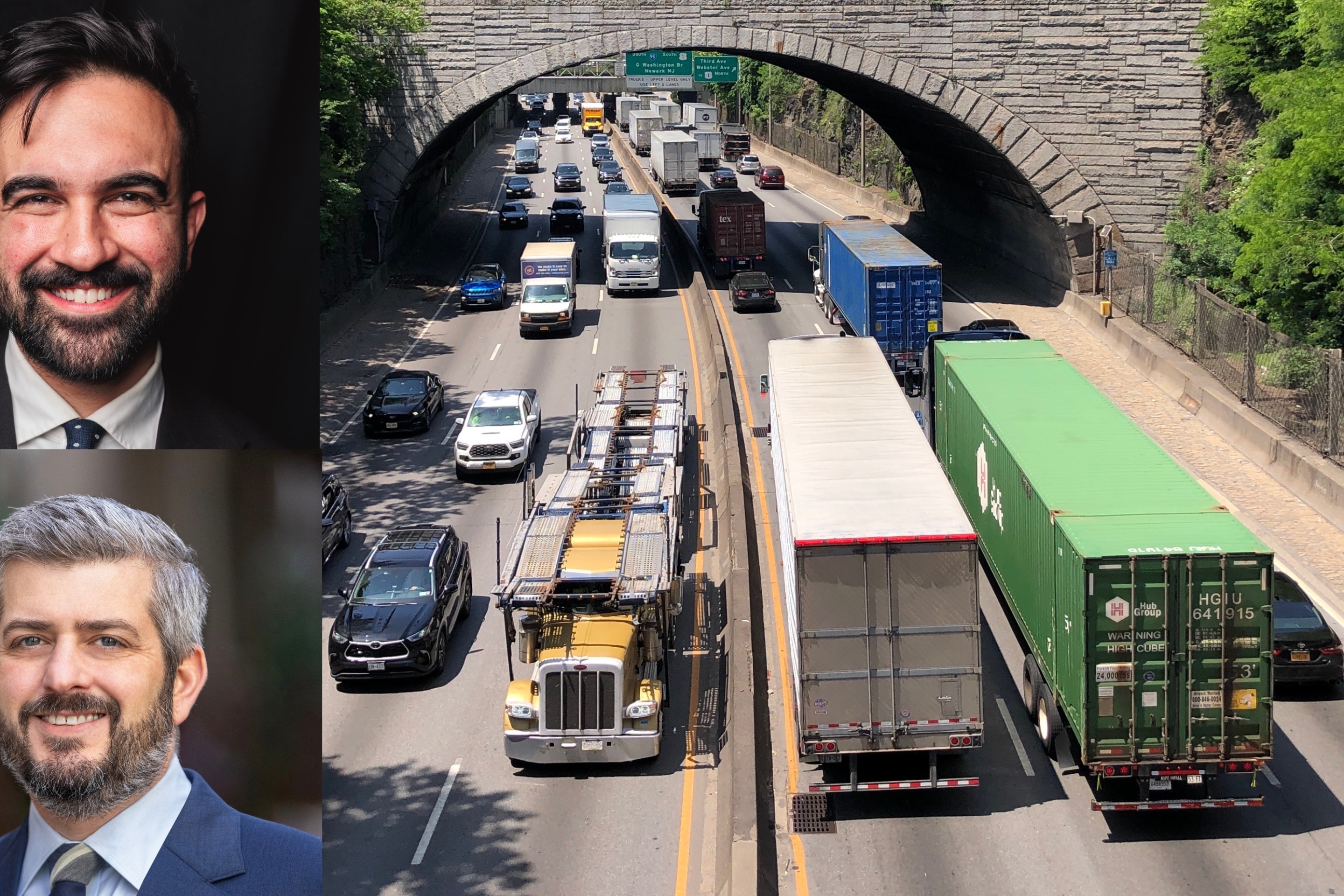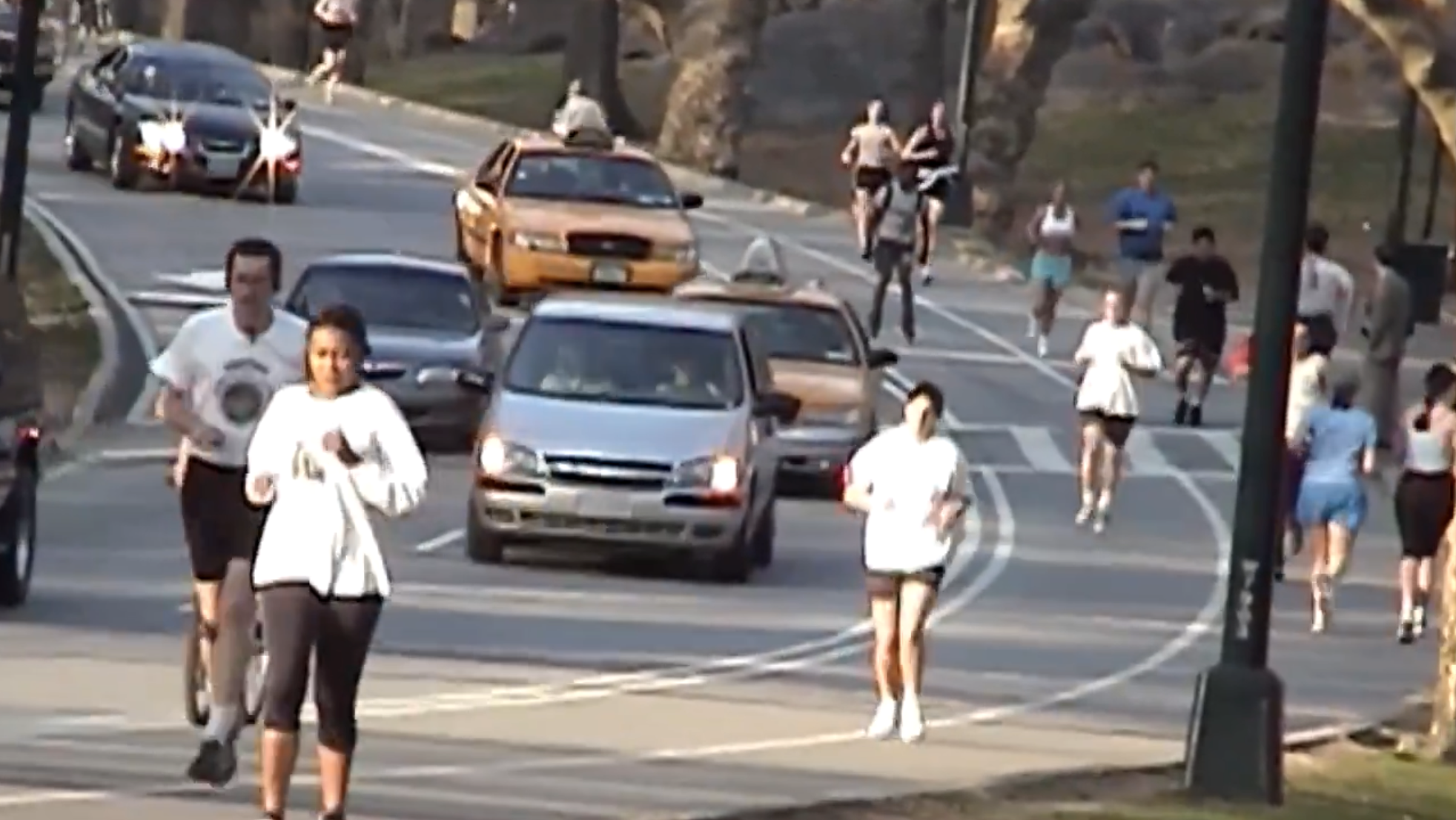 The traffic justice movement, as outlined in this week's featured StreetsWiki entry, may be old hat to many Streetsblog readers. Sadly, it remains as relevant as ever.
The traffic justice movement, as outlined in this week's featured StreetsWiki entry, may be old hat to many Streetsblog readers. Sadly, it remains as relevant as ever.
On the other hand, it is encouraging to know that organizations like the National Center for Bicycling and Walking have programs dedicated to calling attention to the plague of traffic injuries and fatalities that most Americans accept as a fact of life.
One in 90 Americans will die in a motor vehicle crash. There is nogreater killer of people in their 30's. In terms of years of potentiallife lost, only cancer and heart disease take a higher toll thantraffic. Yet for most Americans, driving is a daily habit. Despiteits dangers, people drive because other options are either notavailable, take much more time, or are not encouraged by the culture.Such willful blindness to a preventable danger is nothing less thanhuman sacrifice.
The consequences of traffic injustice are as ingrained as they are innumerable, from parents who are resigned to putting inexperienced kids behind the wheel as a rite of adulthood to community leaders whose solution to hazardous conditions, even in a thriving pedestrian environment, is to keep people away. Then there is the cheapening of human life that pervades media coverage of traffic "accidents."
Read the full entry to see what measures the NCBW's Traffic Justice Initiative is looking to bring about. And to contribute to this or any other StreetsWiki item, sign up for a Livable Streets account.
October 2007 photo of car in Brooklyn's Cadman Plaza/WNBC via Gothamist
